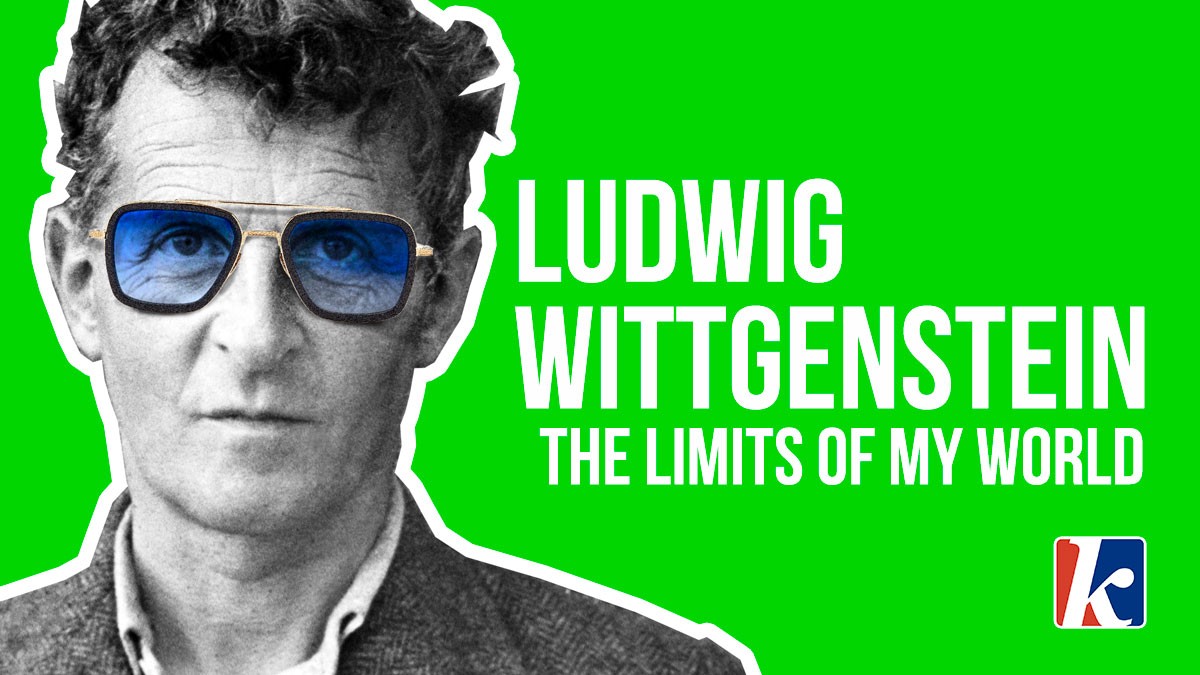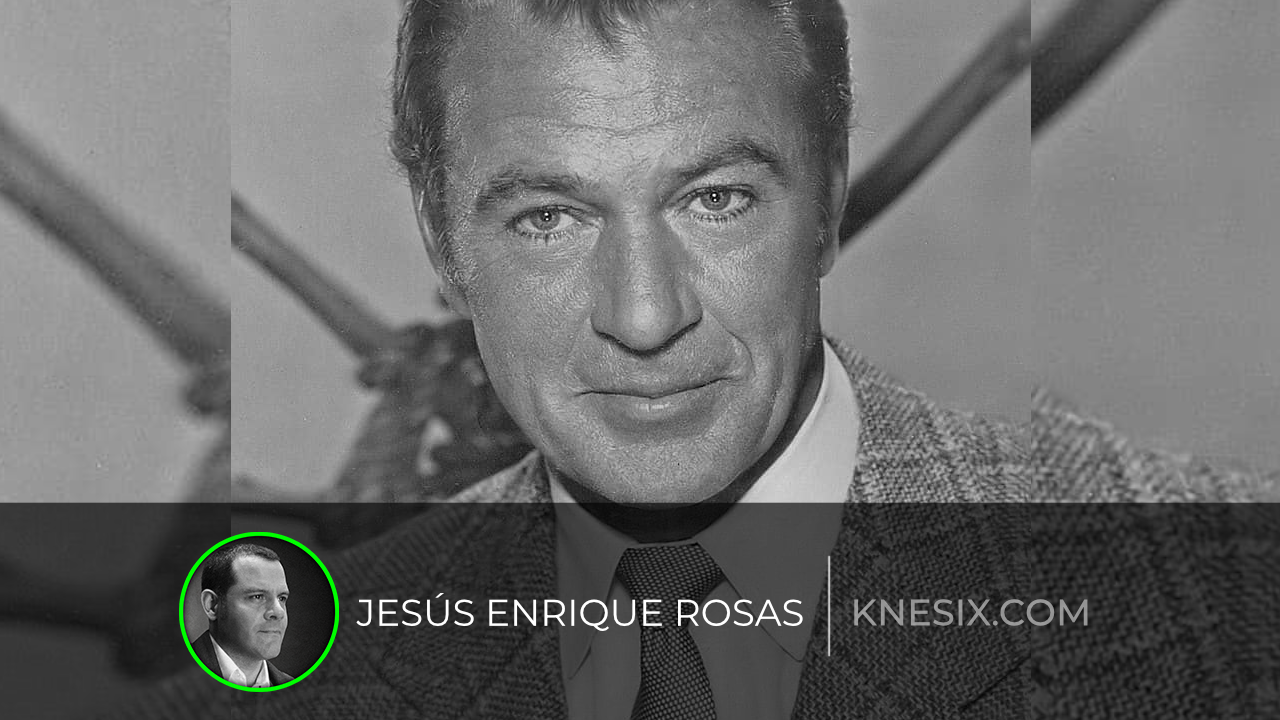It’s perfectly normal to face adversity and not know how to react.
(Maybe we don’t even know how to define how we feel about it)
Ludwig Wittgenstein wants to help us:
Wittgenstein was a disciple of Bertrand Russell, who pushed login into him with the same subtlety of Pulp Fiction’s adrenaline injection.
(And Ludwig’s reaction was similar):
Language is made of * propositions *. For example, “Lasagna makes you fat”.
There is a problem:
Wittgenstein argued that only the propositions that we can verify empirically (through our experience) as ‘true’ or ‘false’ are valid.
Therefore, concepts such as moral, ethics and spirituality are unable to be proven, and so are useless to discuss.
This reasoning was inspired by a story he read in the newspapers about a trial in Paris.
The event involved a traffic accident, so they had decided to recreate it with toy cars for all attendees to understand.
That was his * Eureka * moment .
So, our language would be composed only of propositions (true or false) that are the ‘cars’ with which we represent the world.
And for example, for the trial, it was not necessary to represent the anguish felt by those present at the accident.
That would be useless.
However, after publishing his Tractatus Logico-Philosophicus in 1921, Wittgenstein spent 10 years criticizing his own conclusions.
As simple as: Language is not just propositions.
What about jokes?
What about sarcasm?
Hugh Laurie would be unemployed.
However, the statement:
“The limits of my language are the limits of my world.”
… is still true. And it may be a matter of vocabulary.
An example: when you show someone the turquoise color * but they don’t know their name *, they will say that it’s like a bluish green.
But no. It is turquoise. Just like aquamarine and jade, and all those colors that we only remember when it’s time to do a bathroom makeover.
But do you know what we use all the time and we don’t have enough vocabulary of it?
Emotions.
For example, what is the difference between being Sardonic and Sarcastic?
The ‘gurus’ of emotional intelligence tell us to learn to listen to our emotions.
Trying to do it without developing our emotional vocabulary is like trying to paint Velásquez’s ‘Old lady frying eggs’, with only yellow, blue and red.
You’re going to get *way* more frustrated.
It sounds prosaic: look for a vocabulary booklet (there are hundreds on the internet), and study it.
Do you know what will happen? As you read it, you will remember experiences.
It’s the first step.
If you want to join my crusade, start by downloading my free Body Language tips ebook here:
https://jesusenriquerosas.com/subscribe
Much success,
Jesús Enrique Rosas
I can read your body language and write a story about it.




Leave A Comment